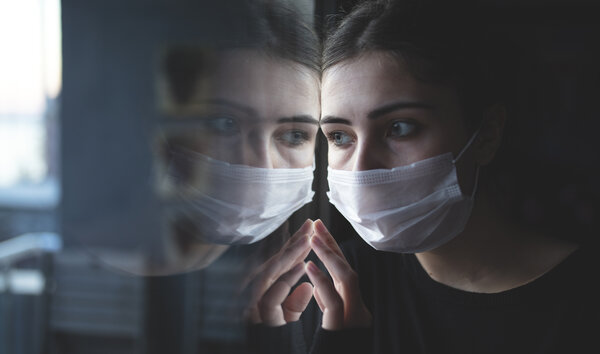When faced with a new, unknown virus, our anxiety can take over, and we often assume the worst. One thing is certain: the pandemic is changing not just people’s fears and anxieties, but also the way counselors have approached the treatment.
COVID-19 is entering the worldwide consciousness in the same way it infiltrated the human body invisibly and stealthily. The concern is obvious among healthcare professionals, patients, and the general public. People evading quarantine, frontline health professionals being attacked, and patients who died being denied burial or cremation are all reported in the media. Here we discussed 4 things you need to know about Pandemic Phobia.
Pandemic phobia and anxiety
If you’re having a hard time meeting commitments or completing tasks because you’re worried about catching the virus, it might be an early sign of corona phobia. Anxiety disorders can cause people to struggle to meet their obligations and get their needs met. Professional support could be effective in helping manage anxiety. Physical distancing guidelines are encouraging many people to avoid incentives that trigger their anxieties or fears. Some school-age children struggled to go to school before the pandemic because they wanted to avoid situations that might trigger a panic attack.
Pandemic Phobia and vaccination
Vaccine hesitancy is complex because people delay or refuse vaccination for many reasons. A COVID-19 poll showed that of Canadians who did not plan on being vaccinated or were not sure. Vaccination is crucial to limit the pandemic spread of SARS-CoV-2/COVID-19. concerning proportions of populations worldwide show vaccine hesitancy. This makes it important to determine factors that are associated with vaccine acceptance. 1779 adults of a non-probability convenience sample in Germany were assessed with an online survey in a cross-sectional survey period from 1st to 11th January 2021. Besides this, six to seven percent had delayed previous vaccinations because of needle fear.
Pandemic Phobia and new variants
it is confirming once again that no location is free from this virus. Omicron is now the world’s most powerful wave. Delta variant blanketed the entire world from April to July and is still functioning. Then there’s the new variant. So the continued appearance of new variants and new waves is deepening the pandemic phobia, that it may never go away. Aside from that, the World Health Organization has issued a warning about a Covid ‘tsunami’ if different variant combines together.
Pandemic Phobia and relationship
The impact of anxiety and depression on relationships and human interaction during a pandemic, such as COVID-19, is less studied. According to a survey, the rate of divorce and separation was at an all-time high during the epidemic. Only a small percentage of children have an irrational dread of being separated from their parents.

